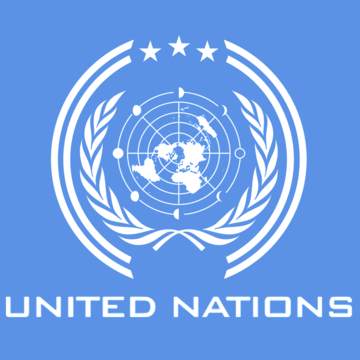
The United Nations Mission in Nigeria in conjunction with Borno, Adamawa and Yobe state governments will launch $1 billion for the 2021 Humanitarian Response Plan for North-East victims of Boko Haram.
The UN mission said on Wednesday that the mission would be hosting the three state governors to launch the $1 billion 2021 fund next Tuesday.
In a statement, the UN noted that the humanitarian situation in North-East Nigeria had worsened over the past two years and 8.7 million people were severely vulnerable, compounded by the impact of the COVID-19 pandemic.
The UN mission said, “The Government of Nigeria, the United Nations, and partners will jointly launch the 2021 Humanitarian Response Plan for north-east Nigeria.
“The Humanitarian Response Plan represents a collective vision for humanitarian action in 2021. The appeal is approximately $1 billion and targets the 6.5 million most vulnerable people in Borno, Adamawa, and Yobe states who are facing growing needs due to the ongoing violence and the socio-economic fallout of the COVID-19 pandemic.
“The plan is based on assessed needs and the realistic capacity of the United Nations and non-governmental organisation partners to implement required actions. The Minister of Humanitarian Affairs, Disaster Management and Social Development, Sadiya Umar Farouq, the Borno State Governor, Prof Babagana Zulum; the Yobe State Governor, Mala Buni, and the Adamawa State governor, Ahmadu Fintiri.
“Others are; the UN Resident and Humanitarian Coordinator Edward Kallon and donor representatives.
“In 2020, the humanitarian community delivered life-saving assistance to over 5 million people. The humanitarian response has contributed to alleviating the suffering of the most vulnerable people. Despite a significant scale-up of the humanitarian response by the United Nations and humanitarian partners since 2016, in support of the Government of Nigeria, the humanitarian crisis in Nigeria remains one of the most acute in the world today.
“The humanitarian situation in north-east Nigeria has worsened over the past two years and 8.7 million people are severely vulnerable, compounded by the impact of the COVID-19 pandemic.”








